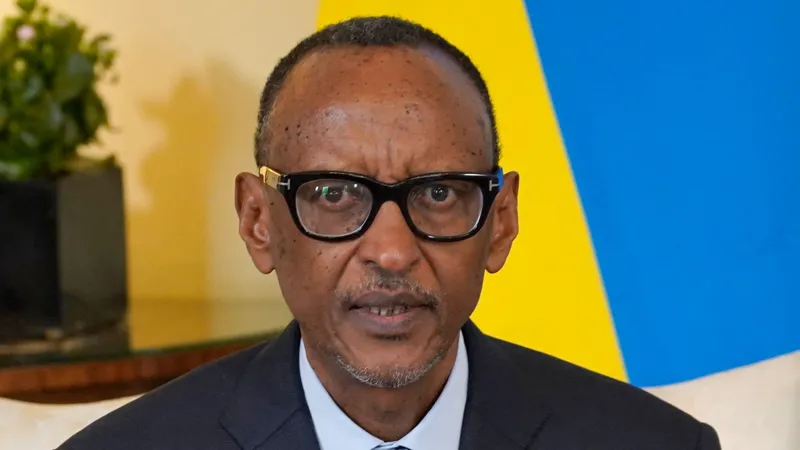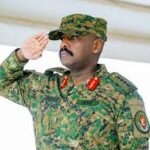In recent years, Rwanda has emerged as an unexpected hub for cycling, attracting international attention and investment, particularly from the global cycling community. This resurgence is largely attributed to the backing from UCI (Union Cyclists International) President David Lappartient, even as the country faces criticism linked to its involvement in the ongoing conflict in the Democratic Republic of Congo (DRC).
A Cycling Haven with International Support
Under the leadership of President Paul Kagame, Rwanda has heavily promoted cycling as a means of economic development and national identity. The establishment of the Rwanda Cycling Federation and the annual Tour du Rwanda race have positioned the country as a prominent player in the international cycling circuit. In March 2023, Lappartient visited Rwanda to reaffirm UCI’s support for the country’s cycling initiatives, praising its commitment to developing the sport. He stated, “Rwanda is not just a destination for cycling; it has become an ambassador for the sport across Africa.”
The UCI’s support comes at a pivotal time as Rwanda seeks to expand its influence in global cycling, with ambitious plans to host international events and build infrastructure that will cater to both local and international cyclists. The country’s commitment to building a cycling culture is showcased by investments in road systems and community engagement programs aimed at encouraging youth participation in the sport.
Controversy and Criticism
However, this enthusiasm for cycling and international partnerships does not overshadow the serious issues that Rwanda faces regarding its foreign policy, particularly concerning the DRC. The ongoing tensions between Rwanda and the DRC can be traced back to historical grievances and the Rwandan Genocide in 1994, which has had far-reaching implications for regional stability. Rwanda has been accused of backing M23 rebels, leading to heightened diplomatic tensions.
Critics argue that fostering strong ties with international sports bodies like the UCI while engaging in controversial foreign policies is a way for Rwanda to divert attention from its actions. For many, Lappartient’s support raises ethical questions about the intersection of sports sponsorship and geopolitics. “Sport should be a platform for peace and unity,” commented a human rights advocate. “Yet, here’s Rwanda, engaging in activities that compromise thousands in neighboring Congo.”
Balancing Acts and Future Aspirations
While Lappartient’s support for Rwandan cycling is beneficial for the sport, it also presents a complex narrative of how sports diplomacy can function. Rwanda sees cycling as a means to rebuild its image and soften its international reputation while attracting tourism and revenue through high-profile cycling events. The statement made by Lappartient during his visit that “Rwanda can serve as a model” for other nations in Africa underscores that the UCI’s objectives are not purely about competitive cycling but tied to broader socio-economic goals.
Nonetheless, it remains crucial for the international community to engage critically with the narratives constructed around such initiatives. As Rwanda seeks to position itself as a leader in sports, especially cycling, the interplay between its internal policies and foreign relations cannot be overlooked.
Conclusion
The alignment of Rwanda with global cycling leadership exemplifies how sports can be used as medium for advancement while simultaneously posing ethical dilemmas. David Lappartient’s endorsement presents opportunities for the country’s cycling ambitions, but it also casts a shadow over the realities of regional conflicts. As Rwanda continues to pedal forward, the world watches how it will balance its aspirations with the pressing issues at its borders. The journey of cycling in Rwanda is as complex as the terrain of its beautiful hills: promising yet fraught with challenges.
Email Us on editorial@nnafrica.com













